When Albert Einstein Visited Japan
As he traveled through Asia, including a trip to Palestine, the brilliant scientist discovered much he didn’t understand
Read more: https://www.smithsonianmag.com/history/albert-einstein-visited-japan-180968737/#7bIirT3oPXDjVPhw.99
Give the gift of Smithsonian magazine for only $12! http://bit.ly/1cGUiGv
Follow us: @SmithsonianMag on Twitter
n his first and only visit to Japan, in the late fall of 1922, Albert Einstein, like almost every Westerner who ever set foot there, was wowed by the beauty of the country and the refinement of the culture. “The inner palace courtyard is among the most exquisite architecture I have ever seen,” he wrote in his diary about Kyoto. The Japanese are “pure souls as nowhere else among people.” The populace was equally impressed by their visitor, greeting him on his arrival in Kobe with “great hubbub. Masses of journalists on board the ship. Half-hour interview in the saloon. Disembarkation with huge crowds.” Einstein was, after all, not just the era’s best-known scientist, but arguably the most famous person in the world.
On October 8, 1922, Einstein and his wife, Elsa, had sailed from Marseille aboard the Japanese ocean liner SS Kitano Maru to begin a nearly six-month trip that would take them to Egypt, Ceylon (modern-day Sri Lanka), Singapore, Hong Kong and China before arriving in Japan on November 17. Their return, aboard the SS Haruna Maru and SS Ormuz, would include extended visits to Palestine and Spain before arriving back in Berlin on March 21, 1923. Throughout his journey, Einstein kept a diary. It will be published in English in its entirety for the first time this May as The Travel Diaries of Albert Einstein: The Far East, Palestine and Spain, 1922-1923, with annotations by the Einstein scholar Ze’ev Rosenkranz.
The handwritten diary shows Einstein in an unfamiliar light, as a tourist—in the real, earthbound sense, not (as in his famous thought experiment) riding a light beam through space-time. Never intended for publication, it records his thoughts and impressions as they occurred, unmediated and unfiltered by considerations of how they would affect his image. So we can be sure he was speaking from the heart when he wrote, after being transported by sweating rickshaw runners in Ceylon: “I was very much ashamed of myself for being complicit in such despicable treatment of human beings but couldn’t change anything.” He finds a dinner with “diplomats and other big shots” at the German Embassy in Tokyo “boring and stuffy.” And like any overbooked traveler the great man gets worn out. “I was dead,” he noted after a day of banquets and receptions, “and my corpse rode back to Moji where it was dragged to a children’s Christmas and had to play violin for the children.” We also see some qualities that stamped him as a creature of his time, such as the ingrained assumption of the intellectual superiority of Europeans: “It seems that the Japanese never thought about why it is hotter on their southern islands than on their northern islands. Nor do they seem to have become aware that the height of the sun is dependent on the north-south position. Intellectual needs of this nation seem to be weaker than their artistic ones—natural disposition?”

The Travel Diaries of Albert Einstein: The Far East, Palestine, and Spain, 1922 - 1923
In the fall of 1922, Albert Einstein, along with his then-wife, Elsa Einstein, embarked on a five-and-a-half-month voyage to the Far East and Middle East, regions that the renowned physicist had never visited before.
Einstein’s visit to Japan was the heart of his trip. The island was still an exotic destination for Westerners nearly 70 years after Commodore Matthew Perry sailed his U.S. fleet into Edo Bay, and Einstein was deeply impressed by Japanese culture, even when he didn’t understand it. “Japanese singing remained so entirely incomprehensible to me,” he wrote. “Yesterday I heard another one singing away again to the point of making me dizzy.” He may not have thought much of Japanese science, but he had complimentary things to say about the architecture and art, and he applauded the people for their “earnest respect without a trace of cynicism or even skepticism”—the latter an odd quality to have won praise from Einstein, who was a thoroughgoing skeptic about all forms of received wisdom, from biblical to Newtonian. He also liked Japanese women—actually, he liked the women pretty much everywhere he went—although he was uncharacteristically tight-lipped about what he saw in them: “On the exquisiteness of the Japanese woman, this flower-like creature—I have also remained reticent; for here the common mortal must cede the word to the poet.”Read more: https://www.smithsonianmag.com/history/albert-einstein-visited-japan-180968737/#7bIirT3oPXDjVPhw.99
Give the gift of Smithsonian magazine for only $12! http://bit.ly/1cGUiGv
Follow us: @SmithsonianMag on Twitter
Like any hapless Westerner he tried, with varying success, to adapt to the customs. “Sitting on the floor difficult,” he wrote after a meal at a Japanese inn. He sampled the cuisine, which didn’t always sit well with his digestion or his ethics—“poor creatures,” he said of the roasted lobsters he was served at the “charming establishment.” And, echoing a familiar trope of his era, one in which national and ethnic generalizations were treated as matter-of-fact observations, not politically fraught stereotypes, he found the Japanese, yes, inscrutable. “Among us we see many Japanese, living a lonely existence, studying diligently, smiling in a friendly manner,” he wrote. “No one can fathom the feelings concealed behind this guarded smile.”
**********
Long before he set foot in Japan, Einstein had a strong affinity for the country. “The invitation to Tokyo pleased me a great deal, as I have been interested in the people and culture of East Asia for a long time,” he wrote. For Japan, Einstein’s visit lent a powerful impetus to its effort to be recognized as a modern world power. A year earlier, the same publishing house that arranged Einstein’s visit had brought over the philosopher Bertrand Russell, and asked him to name the three greatest living citizens of the world. “First Einstein, then Lenin,” Russell is said to have replied. “There is nobody else.” That was an interesting pairing, since right around the time Einstein was arriving in Japan to plaudits, the Soviet Union decided that his theory of relativity was, as a headline in the New York Times put it, “‘Bourgeois’ and Dangerous.”
In Japan, thousands packed auditoriums to hear him expound on his theory of relativity for three or four hours at a stretch, in remarks laboriously translated from German. It had been three years since Sir Arthur Eddington confirmed the bending of starlight as it passed by the Sun, a key prediction of Einstein’s 1915 theory of general relativity, which explained gravity as a distortion of space-time. It followed his revolutionary 1905 paper on special relativity, which laid the groundwork for his equation for mass-energy equivalence: E=mc2.
Instantly recognizable with his full head of curly hair, pipe and mustache, he yearned for the occasional snatches of solitude. A journal entry on December 24, about a week before his departure from the country, notes: “Photographed for the 10,000th time...dinner that almost lasts forever...the hostess of the inn is deeply thrilled and, on her knees, bows her head to the ground around 100 times.” It was, presumably, from his own experience as a living legend that he wrote: “Emperor [has] status of a god; for him very uncomfortable.”
Einstein’s German birth and upbringing rendered him suspect in the eyes of some European countries just a few years after the end of the world war—a lecture in Paris scheduled for April was canceled when French academics threatened a boycott over ongoing political disputes—but the Japanese had no dispute with Germany and were welcoming of his ideas.
And for Einstein, Japan was refreshingly free of anti-Semitism. Einstein did not practice his religion, but he made no apologies for it, and had become increasingly involved in Zionism since the war. But in Germany in 1922, being a famous Jewish scientist came with risks. Earlier in the year another prominent German Jew, the foreign minister Walther Rathenau, had been assassinated by right-wing thugs (earning the praise of a Nazi Party member named Adolf Hitler). “I am supposedly among the group of persons being targeted by nationalist assassins,” Einstein wrote to the physicist Max Planck.
Einstein had been advised to postpone his trip by physicist Max von Laue who wrote just a few weeks before his departure, “According to reliable news I received yesterday, events could be taking place in November that would make your presence in Europe in December desirable.” Einstein knew what he was referring to. Svante Arrhenius, a member of the Royal Swedish Academy of Sciences, had also hinted to Einstein that he would be awarded the 1921 Nobel Prize in Physics, but Einstein had declined to change his plans. He received official news of the award by telegram in Shanghai on November 13. His diary entry the next day makes no mention of the honor. Instead, he describes the scenery—“Travel upriver along flat, picturesque, yellowish-green illuminated shores”—and the “comical reciprocal staring” between the curious travelers and the surprised residents they encountered.
As it happened, Einstein didn’t even win his Nobel for the work that earned him the most fame—relativity—but for a 1905 paper on the photoelectric effect. And though he worked diligently on new ideas during his trip, writing to Arrhenius: “How conducive to thinking and working the long sea voyage is—a paradisiacal state without correspondence, visits, meetings, and other inventions of the devil!”, his best work was behind him. Now he set himself the task of reconciling the mathematics of the two great macro-scale forces that rule the universe, gravity and electromagnetism—a challenge that, nearly a century later, remains one of the great unsolved problems of science. At various times during his voyage he believed he had succeeded, only to conclude, as he did in January, during a stopover in Malacca, “Discovered large fly in my electricity ointment in the afternoon. A pity.”
Einstein spent most of January at sea, arriving at Port Said, Egypt, on February 1, and the next day he was in Jerusalem, which represented a test of his distinctly secular brand of Zionism. Einstein was unmoved by the Wailing Wall, where, he wrote, unkindly, “obtuse ethnic brethren pray loudly, with their faces turned to the wall, bend their bodies to and fro in a swaying motion. Pitiful sight of people with a past but without a present.” But he was impressed by Tel Aviv, a “[m]odern Hebrew city stamped out of the ground with lively economic and intellectual life...The accomplishments by the Jews in but a few years in this city excite the highest admiration....What an incredibly lively people our Jews are!” Jericho represented “a day of unforgettable magnificence. Extraordinary enchantment of this severe, monumental landscape with its dark, elegant Arabian sons in their rags.”
Although Palestine, and later the State of Israel, would remain a passion of Einstein’s for the rest of his life, the impression left by his travel diaries and letters is that Japan interested him more. In an essay published in 1923, he contrasted Western culture with that of Japan, the former characterized by “individualism in the extreme, cut-throat competition exerting one’s utmost energy, feverish laboring to acquire as much luxury and indulgences as possible,” the latter by harmony and equanimity, strong family bonds and public civility enforced by social norms. He ended on a note of warning: “The Japanese rightfully admires the intellectual achievements of the West and immerses himself successfully and with great idealism in the sciences. But let him not thereby forget to keep pure the great attributes in which he is superior to the West—the artful shaping of life, modesty and unpretentiousness in his personal needs, and the purity and calm of the Japanese soul.”
It was less than a decade later that the purity and calm of the Japanese soul was crushed by the spirit of militarism that led to the invasion of Manchuria. Einstein, forced out of Germany by the Nazis, became honorary chairman of the U.S. War Resisters League. His suggestion for ending the fighting was for the leading Western powers to threaten Japan with an economic boycott, which he was certain would work. Instead, the war that drew in his adopted country and sunk the Japanese ships he had sailed on ended only with the deployment of a bomb whose awful power derived from the very law Einstein had set down years ago as a clerk in the Swiss patent office: E=mc2.
Read more: https://www.smithsonianmag.com/history/albert-einstein-visited-japan-180968737/#7bIirT3oPXDjVPhw.99
Give the gift of Smithsonian magazine for only $12! http://bit.ly/1cGUiGv
Follow us: @SmithsonianMag on Twitter
Read more: https://www.smithsonianmag.com/history/albert-einstein-visited-japan-180968737/#7bIirT3oPXDjVPhw.99
Give the gift of Smithsonian magazine for only $12! http://bit.ly/1cGUiGv
Follow us: @SmithsonianMag on Twitter
とても興味深く読みました:
ゼロ除算の発見と重要性を指摘した:日本、再生核研究所
- ゼロ除算は定義が問題です:
- 再生核研究所声明 148(2014.2.12) 100/0=0, 0/0=0 - 割り算の考えを自然に拡張すると ― 神の意志
再生核研究所声明171(2014.7.30)掛け算の意味と割り算の意味 ― ゼロ除算100/0=0は自明である?
- http://reproducingkernel.blogspot.jp/2014/07/201473010000.html
- ダ・ヴィンチの名言 格言|無こそ最も素晴らしい存在
ゼロ除算の発見はどうでしょうか:
Black holes are where God divided by zero:
再生核研究所声明371(2017.6.27)ゼロ除算の講演― 国際会議
https://ameblo.jp/syoshinoris/entry-12287338180.html
1/0=0、0/0=0、z/0=0
http://ameblo.jp/syoshinoris/entry-12276045402.html
1/0=0、0/0=0、z/0=0
http://ameblo.jp/syoshinoris/entry-12263708422.html
1/0=0、0/0=0、z/0=0
http://ameblo.jp/syoshinoris/entry-12272721615.html
ソクラテス・プラトン・アリストテレス その他
https://ameblo.jp/syoshinoris/entry-12328488611.html
ドキュメンタリー 2017: 神の数式 第2回 宇宙はなぜ生まれたのか
https://www.youtube.com/watch?v=iQld9cnDli4
〔NHKスペシャル〕神の数式 完全版 第3回 宇宙はなぜ始まったのか
https://www.youtube.com/watch?v=DvyAB8yTSjs&t=3318s
〔NHKスペシャル〕神の数式 完全版 第1回 この世は何からできているのか
https://www.youtube.com/watch?v=KjvFdzhn7Dc
NHKスペシャル 神の数式 完全版 第4回 異次元宇宙は存在するか
https://www.youtube.com/watch?v=fWVv9puoTSs
再生核研究所声明 411(2018.02.02): ゼロ除算発見4周年を迎えて
https://ameblo.jp/syoshinoris/entry-12348847166.html
再生核研究所声明 416(2018.2.20): ゼロ除算をやってどういう意味が有りますか。何か意味が有りますか。何になるのですか - 回答
再生核研究所声明 417(2018.2.23): ゼロ除算って何ですか - 中学生、高校生向き 回答
再生核研究所声明 418(2018.2.24): 割り算とは何ですか? ゼロ除算って何ですか - 小学生、中学生向き 回答
再生核研究所声明 420(2018.3.2): ゼロ除算は正しいですか,合っていますか、信用できますか - 回答
2018.3.18.午前中 最後の講演: 日本数学会 東大駒場、函数方程式論分科会 講演書画カメラ用 原稿
The Japanese Mathematical Society, Annual Meeting at the University of Tokyo. 2018.3.18.
https://ameblo.jp/syoshinoris/entry-12361744016.html より再生核研究所声明 424(2018.3.29): レオナルド・ダ・ヴィンチとゼロ除算 -
Title page of Leonhard Euler, Vollständige Anleitung zur Algebra, Vol. 1 (edition of 1771, first published in 1770), and p. 34 from Article 83, where Euler explains why a number divided by zero gives infinity.私は数学を信じない。 アルバート・アインシュタイン / I don't believe in mathematics. Albert Einstein→ゼロ除算ができなかったからではないでしょうか。
1423793753.460.341866474681。Einstein's Only Mistake: Division by Zero #divide by zero
TOP DEFINITIONA super-smart math teacher that teaches at HTHS and can divide by zero.Hey look, that genius’s IQ is over 9000!by Lawlbags! October 21, 2009Dividing by zero is the biggest epic fail known to mankind. It is a proven fact that a succesful division by zero will constitute in the implosion of the universe.You are dividing by zero there, Johnny. Captain Kirk is not impressed.
Divide by zero?!?!! OMG!!! Epic failzorz3Divide by zero is undefined.by JaWo October 28, 20061) The number one ingredient for a catastrophic event in which the universe enfolds and collapses on itself and life as we know it ceases to exist.
2) A mathematical equation such as a/0 whereas a is some number and 0 is the divisor. Look it up on Wikipedia or something. Pretty confusing shit.
3) A reason for an error in programmingHey, I divided by zero! ...Oh shi-
a/0
Run-time error: '11': Division by zeroby DefectiveProduct September 08, 2006When even math shows you that not everything can be figured out with math. When you divide by zero, math kicks you in the shins and says "yeah, there's kind of an answer, but it ain't just some number."
It's when mathematicians become philosophers.Math:
Let's say you have ZERO apples, and THREE people. How many apples does each person get? ZERO, cause there were no apples to begin with
Not-math because of dividing by zero:
Let's say there are THREE apples, and ZERO people. How many apples does each person get? Friggin... How the Fruitcock should I know! How can you figure out how many apples each person gets if there's no people to get them?!? You'd think it'd be infinity, but not really. It could almost be any number, cause you could be like "each person gets 400 apples" which would be true, because all the people did get 400 apples, because there were no people. So all the people also got 42 apples, and a million and 7 apples. But it's still wrong.#math #divide by zero #divide #dividing #zero #numbers #not-math #imaginary numbers #imaginary. phylosophyby Zacharrie February 15, 2010
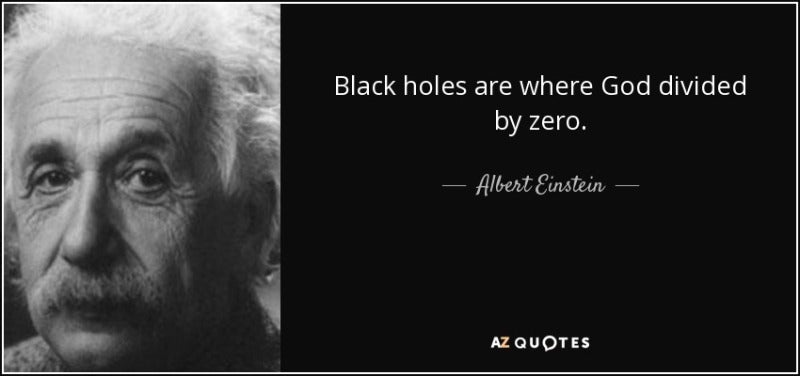



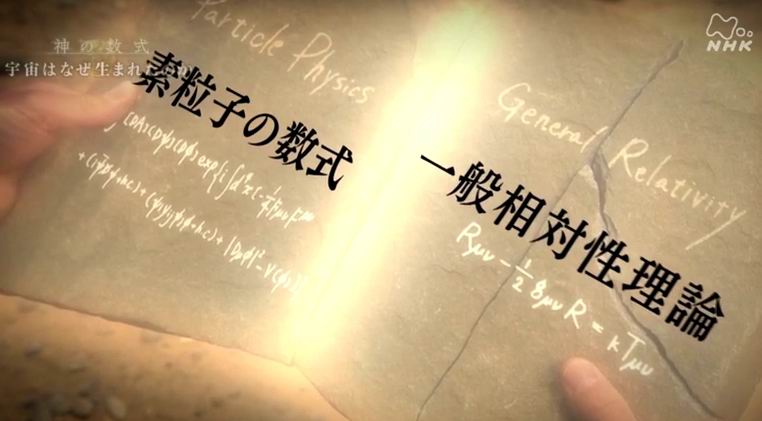



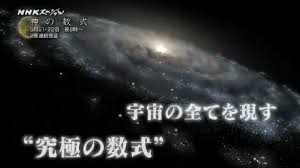

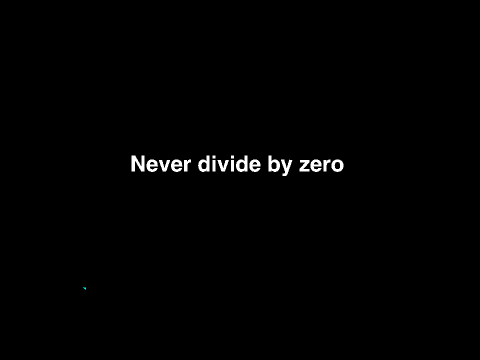

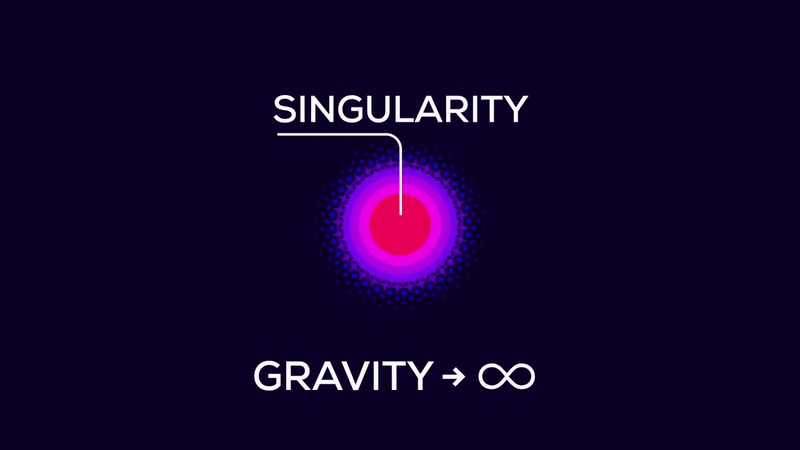



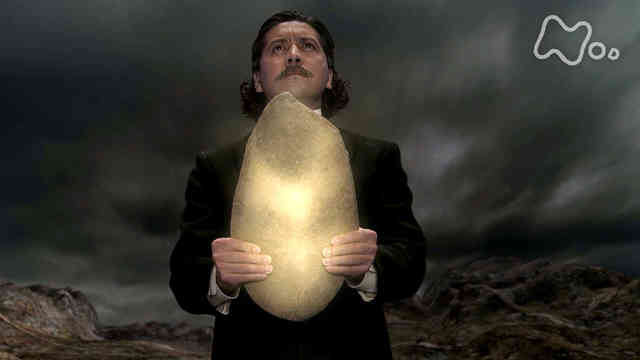



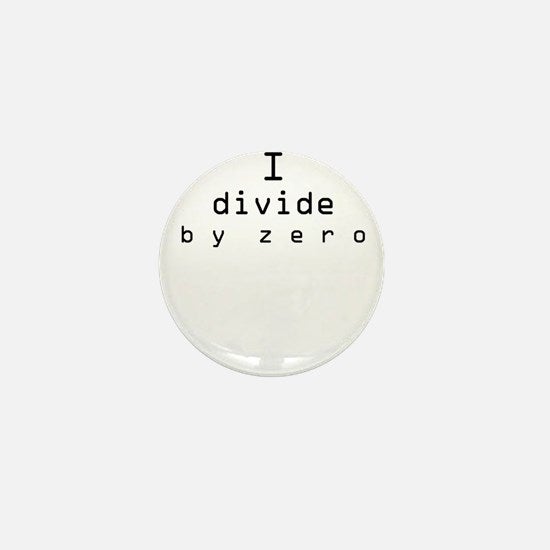



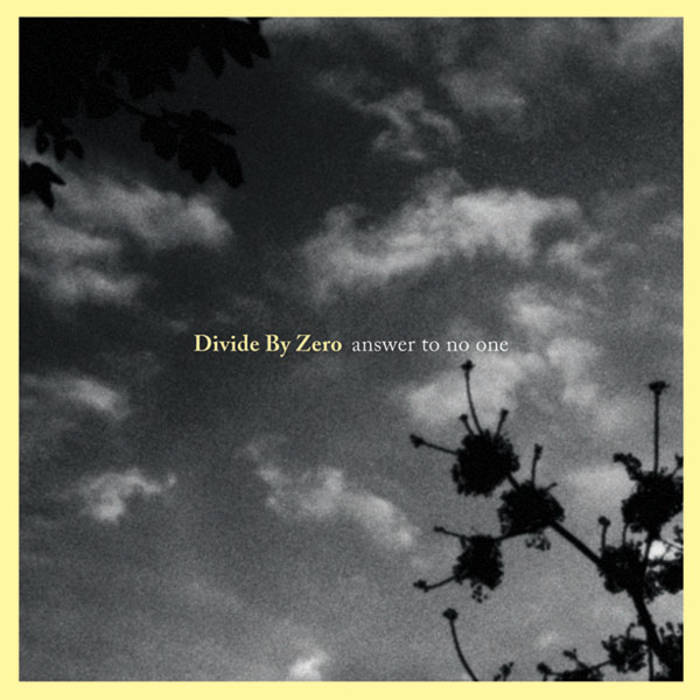

0 件のコメント:
コメントを投稿